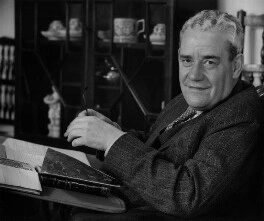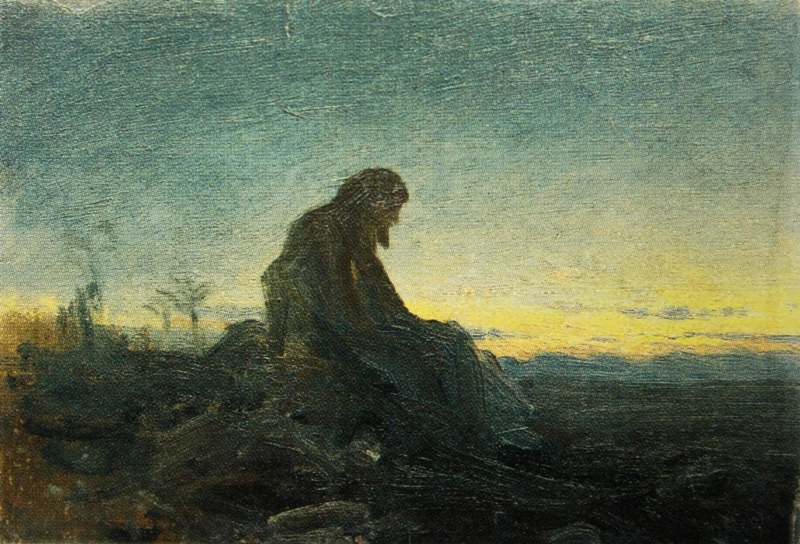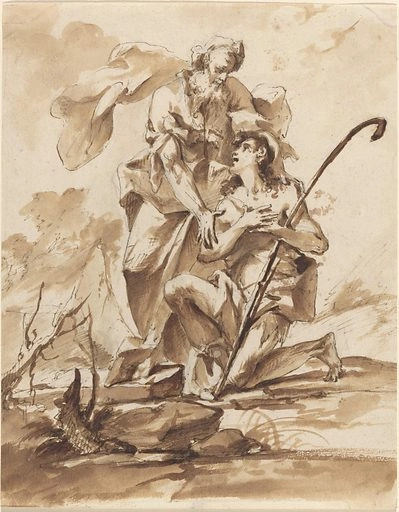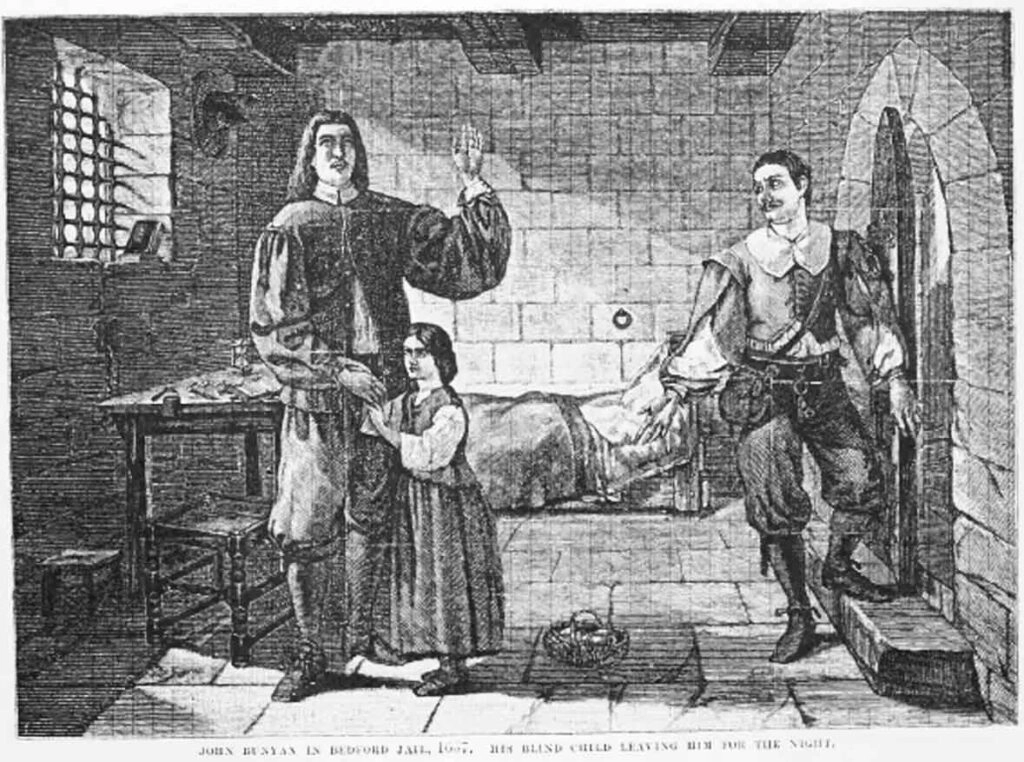I posted a reply to a question on Quora that has attracted quite a lot of attention. The question was, “Can you fail a Ph.D. thesis defence?” and, having failed mine twice, I felt I was in a good position to answer!
Several people posted comments asking what the thesis was about so, instead of explaining it afresh to everyone each time, I decided I’d post an answer here…
Off to a good start
In 1975, I registered at the University of Cambridge for a PhD on translations of Spanish literature into English during the sixteenth and seventeenth centuries.
My supervisor was Professor Edmund Meryon Wilson, a fellow of Emmanuel College.

I soon found out that Professor Wilson had a thesis in his head on early modern English translations of Spanish devotional literature and his plan was for me to write said thesis. All went well for the first year, but at some point during the second year he fell ill. The last time I spoke to him he was confident of making a full recovery, but in fact he died.
Professor Wilson was a very kind and generous-spirited man, but I knew there were topics I was interested in that didn’t fit with his ideas and approach. Recklessly, I started to stray from his straight and narrow path.
Eventually, I was reassigned to another advisor, Dr. Richard Luckett, at that time a junior research fellow at St. Catherine’s College, but soon to transfer to Magdalene – my own college – where he remained as Pepys Librarian for thirty years.

Again, Dr. Luckett was basically well-disposed, but he was not to know how far I had swerved – to my cost – from the well-laid plans of Professor Wilson. There were other things going on at that time, but I’m sure that played its part in what came next.
I won’t go into details. Suffice to say that I submitted the thesis, failed the viva, was given the chance to rewrite and resubmit, did so, and failed again. The title (both times) was “Translations of Spanish Devotional Literature into English, 1500-1700”.

The years in the wilderness
I won’t go into details of what came after that, either! My already somewhat chaotic and unconventional life now entered a phase of full-blown bohemianism – mostly in the south of Spain…
I kept tabs on the field, though, and found that my straying from the beaten path was not entirely without justification. It’s complicated, but my analysis of the impact of the Spanish devotional writers was partly dependent on recognition of Judaic and Islamic influences on the Spanish writers, thus making translations of their work a conduit for certain motifs and ideas that were otherwise unknown elsewhere in Europe.
My main source for these ideas was a Spanish scholar active mainly in the 1920s and 30s, by the name of Miguel Asín Palacios. My problem was that Asín Palacios’s work in this area was, at that time, considered discredited. To get that part of my thesis accepted I would need to convince the examiners that Asín Palacios was wrongly reviled and had a point. This was one hurdle too many. I’m not saying it’s the reason the thesis wasn’t accepted, but it certainly didn’t help.
Anyway, the turning point was a book by Luce López-Baralt entitled Huellas del Islam – exactly the same title as Asín Palacios had given his work in 1941! Obviously, I was fascinated, and completely bowled over when I read it. López-Baralt nailed it! There was no doubt about it; I wasn’t an expert in the Judaic/Islamic/Spanish side of the matter, but if I’d presented my thesis with the solid and irrefutable scholarship of López-Baralt to back it up, that component of my work would no doubt have been a very different story.

The prodigal returns
It wasn’t until a few years later that I decided to actually do something about it. I dug out the thesis and worked on a chapter on the English translation of a text by the Spanish mystic Juan de Ávila, dealing with the symbolic significance of aloes in Islam and showing how that aspect of the text was dealt with in translation, not just into English, but into French, Italian and Dutch. That paper is available on JSTOR (click here for an open-access version).
Around about the same time, I published a paper (also based on a chapter of the thesis) on James Mabbe’s translation of Mateo Alemán’s Guzmán de Alfarache (open-access version here).
I went on to publish a number of other papers and bits and bobs of that kind, somewhat switching my focus at that point to Protestant translations and adaptations of Catholic literature more generally, not just focusing on Spain. Most of those publications are listed on Google Scholar.
But it was that article on Juan de Ávila’s herbal terminology that led me on the path to Discourses of Suffering. Ávila’s book is a collection of letters written by Ávila to various people, and there is a heavy emphasis throughout on the patient acceptance of suffering. It struck me as being very far from the kind of comforting bedside talk one might expect. To one lady on her sick-bed he wrote, “Madam, I have heard that you are sick, and am not sorry about it” – not from malevolence or ill-will, but because, as Ávila saw it, through suffering she had an opportunity to purify her soul.
I started to piece together other texts that had that kind of perspective, and somewhere along the line it hit me that these Catholic ascetics resembled nothing so much as the puritans who rejoiced to suffer for Christ’s sake, seeing in that a sure sign that they were among the saved.
But there was a crucial difference. Catholics did penance, and so could bring suffering upon themselves, whereas Protestants could only wait and hope to be chosen to suffer. I had read Bunyan’s Grace Abounding – and written a paper on it – as an undergraduate, so I was well aware of how angst-ridden he was until he was finally imprisoned and could deem himself worthy of being chosen in this way to be persecuted for his beliefs and so suffer for Christ. Happiness at last!

Putting it all together
At some point a Catholic bibliophile friend with an interest in the period asked me about a 1687 English edition of the life of Santa Maria Maddalena de’ Pazzi (The Life of St. Mary Magdalene of Pazzi, a Carmelite Nun, translated via French from the Italian of Vincenzo Ouccini and others by Thomas Smith). I wasn’t familiar with the work, so I looked it up and found that, contrary to what my friend believed, it was not a Catholic edition but a Protestant one.
What was particularly interesting, though, was that there was nothing to overtly indicate that it was a Protestant edition and very little had been changed from the original Catholic text.
It was quite simply reproduced verbatim, without comment, because it was patently obvious to the translator that the book itself, in its unadorned state, was, to a Protestant readership, the best possible argument against Catholicism that one could wish for.
And why? Well, partly because of the accounts of miracles, but also because of some pretty extraordinary descriptions of self-abasement, such as Pazzi pleading with her Mother Superior to be allowed to be tied up and placed in front of the altar for the other sisters to “vilify & laugh at her” (a request which the Mother Superior granted!).
This reminded me of some passages from an English translation of the Spanish Jesuit Baltasar Gracián, in which people are tied up and whipped by “‘a beautiful Woman” and her cohorts.
I went back to my original thesis and reviewed what I had written about Gracián. The English text (which was published as a kind of early philosophical novel, rather than as a religious text) played up the sexual aspects quite a bit, and played down the religious ones. The Spanish can be read fairly straightforwardly as a metaphor for the beautiful-seeming but treacherous world, while the English translation was basically just lascivious.
This led me to the conclusion that (as I went on to write in the monograph) “it had quite simply become impossible for a narrative such as Gracián’s to work at the level of moral edification or as religious or philosophical discourse in English”. It belonged more in the realms of Nicolas Chorier’s Satyra Sotadica, an early pornographic text, in which (among other things) a Catholic priest whips a naked mother and her daughter before the altar.

I dug up a few more texts – lives of saints and so on – which basically confirmed my thesis. Protestant discourse had a radically different approach to suffering, and texts which, in their Catholic context, were completely orthodox and “normal”, were taboo in a Protestant context.
Ultimately, this could be traced back to the idea of “penance” as it occurs in Saint Jerome’s Latin Bible, which the Protestant reformers insisted should be “repentance” – heartfelt regret for one’s sins, rather than flagellating yourself for them.
All’s well that ends well
Finally I got a sabbatical year from my university in Japan and went back to the University Library in Cambridge, where I had done the bulk of my research years before. This time, the thesis revolved around the theme of early modern attitudes to suffering. I dug up a range of other texts – from Catholic saints to ascetic puritans, from stoics to epicureans, exalted sufferers to “flogging cullies” (as proto-masochists were known in early modern England). I wanted to get a handle on the whole spectrum and I had a year to do it. The book – and this blog – was the result, and on the back of it (and the other papers) Cambridge finally gave me a PhD!
Older comments:
Hamza Mohammed
2021-10-25 18:50:56
Enjoyed reading every bit of this text. Thank you.
Tom Reagin
2021-10-31 21:50:26
Thank you for introducing me to "the life of Santa Maria Maddalena de’ Pazzi.
John R. Yamamoto-Wilson
You are welcome, Tom! She was indeed a strange one...
Taofik Nassan
2021-11-08 13:47:10
Amazing adventurous life that ended up with a Ph.D. thesis. I struggle also with my Ph.D. nowadays and I thought many times about quitting. Your story is encouraging. I wish you good luck.
John R. Yamamoto-Wilson
2021-12-30 11:40:21
Hi, Taofik. I think I had all the luck I needed and it's all behind me now! You are the one who needs encouragement and good wishes. I hope it all works out OK!
Vedant Sachdeva
2021-12-02 11:46:13
This text just reconfirms my belief that there is so much to read about yet so little time. Thank you!!
Joshua Bennis
2022-02-01 05:54:56
I have a serious question and maybe it is also a stupid one. Is there a way to read doctorate level papers published somewhere in different fields of study and research findings? I'm interested in expanding on my educational paradigm and want more knowledge.
John R. Yamamoto-Wilson
2022-02-01 06:59:04
Thank you for your question - and rest assured, there is never anything stupid about reaching out for knowledge! For academic papers in general, JSTOR and other similar online databases are very valuable resources. Free-read online access on JSTOR is currently 100 articles a month. After that you need a log-in. A lot of academics post open-access drafts of their work on ResearchGate and Academia.edu. These will give you access to a wide range of papers. Is this the kind of information you are looking for?


Comments